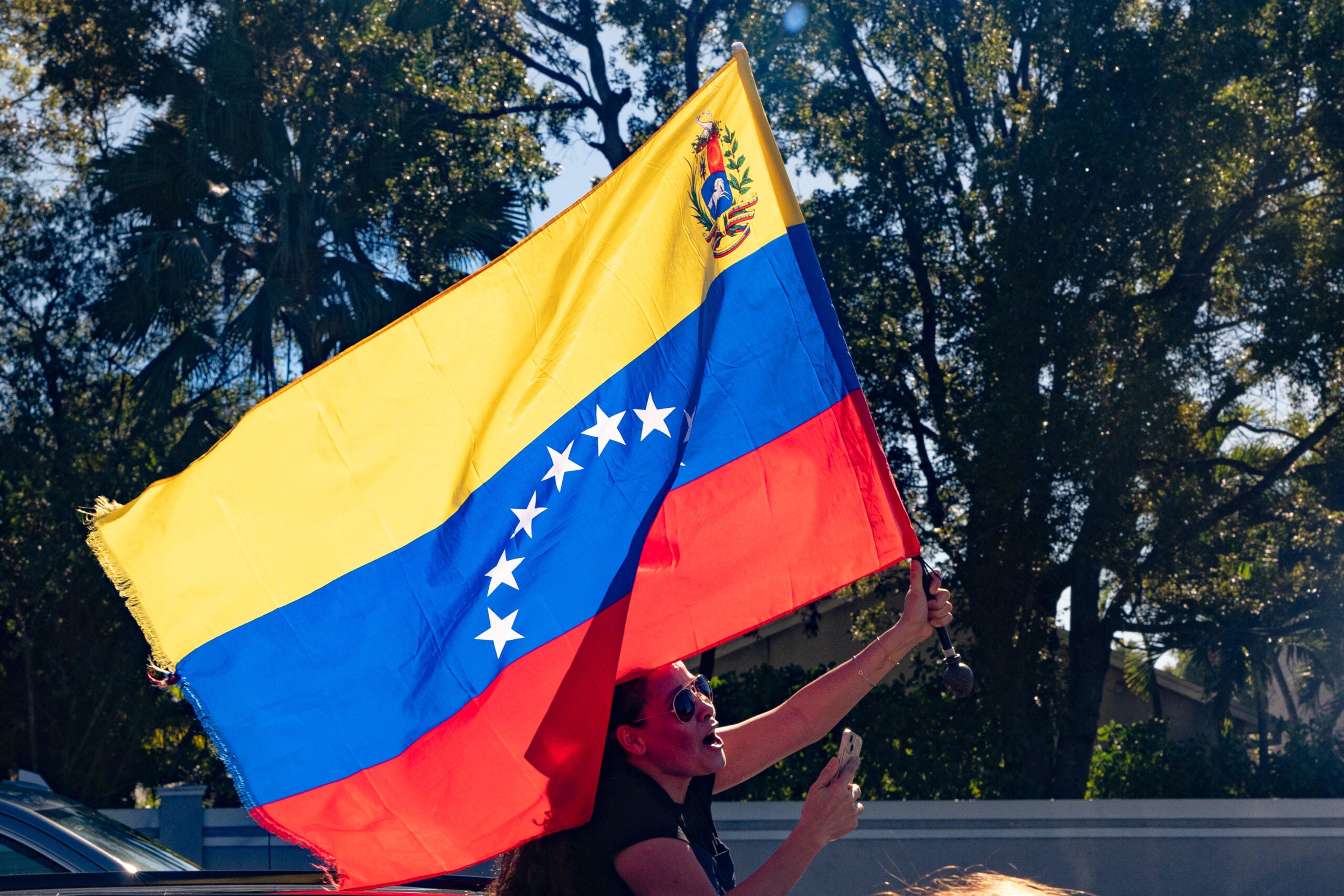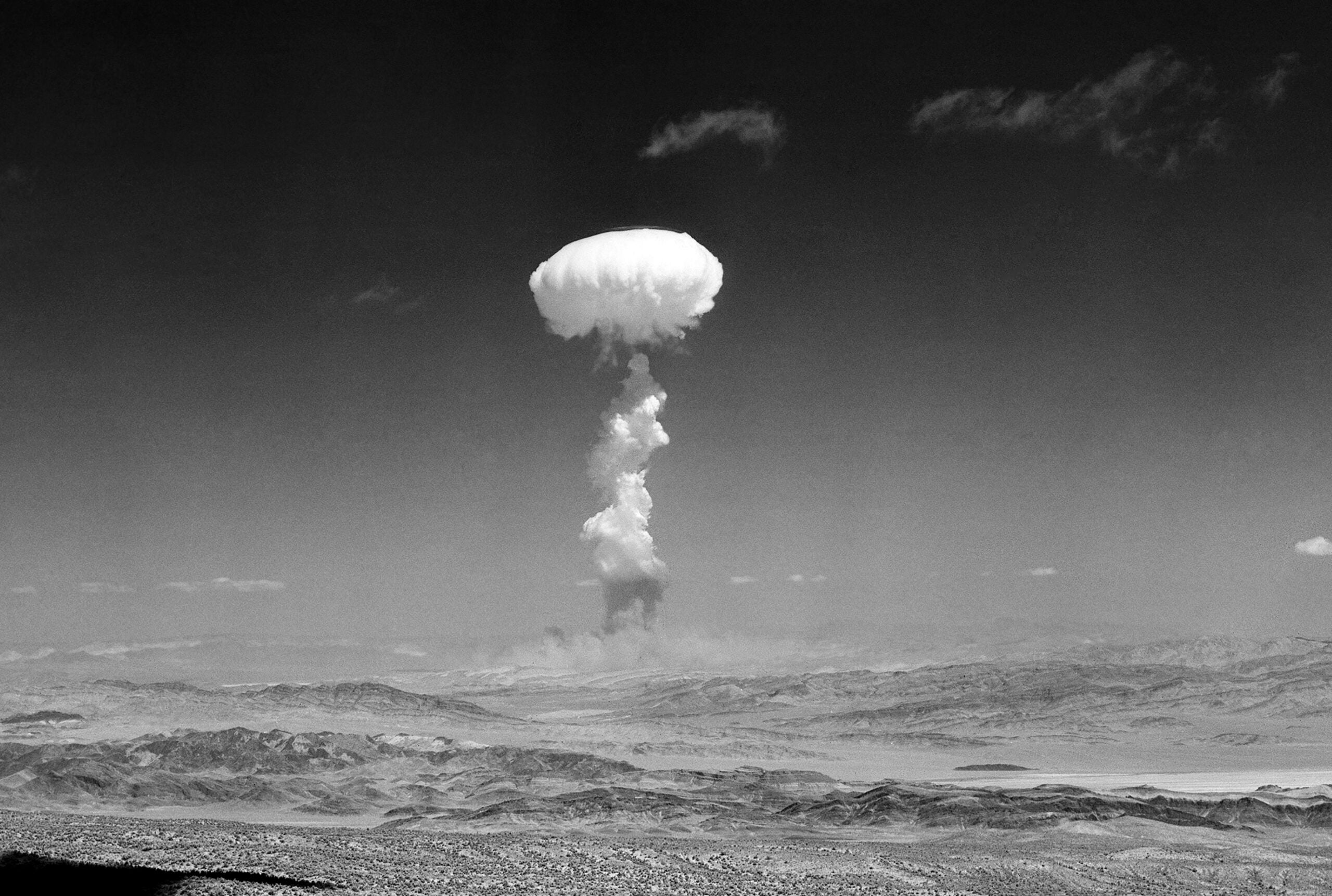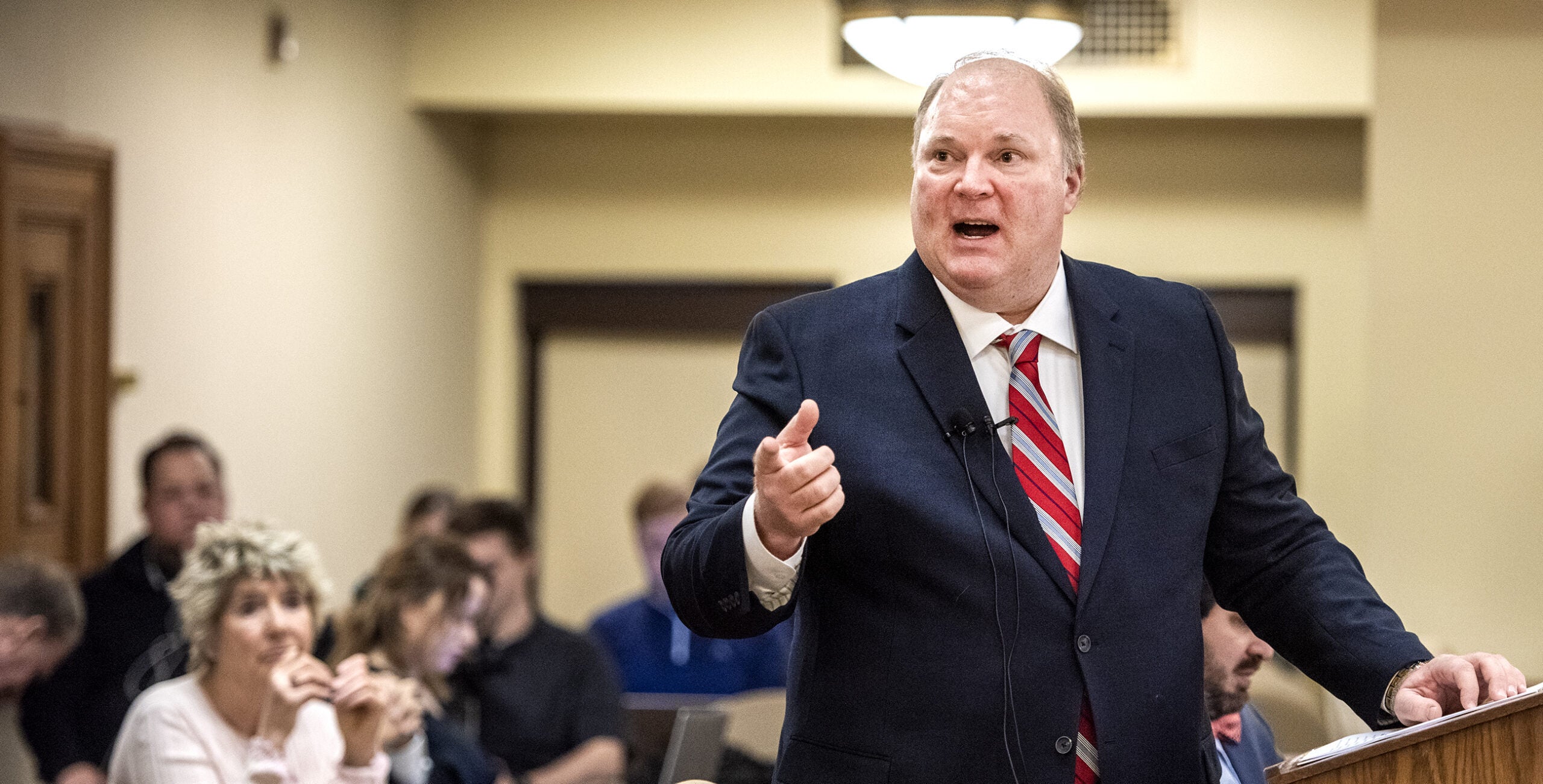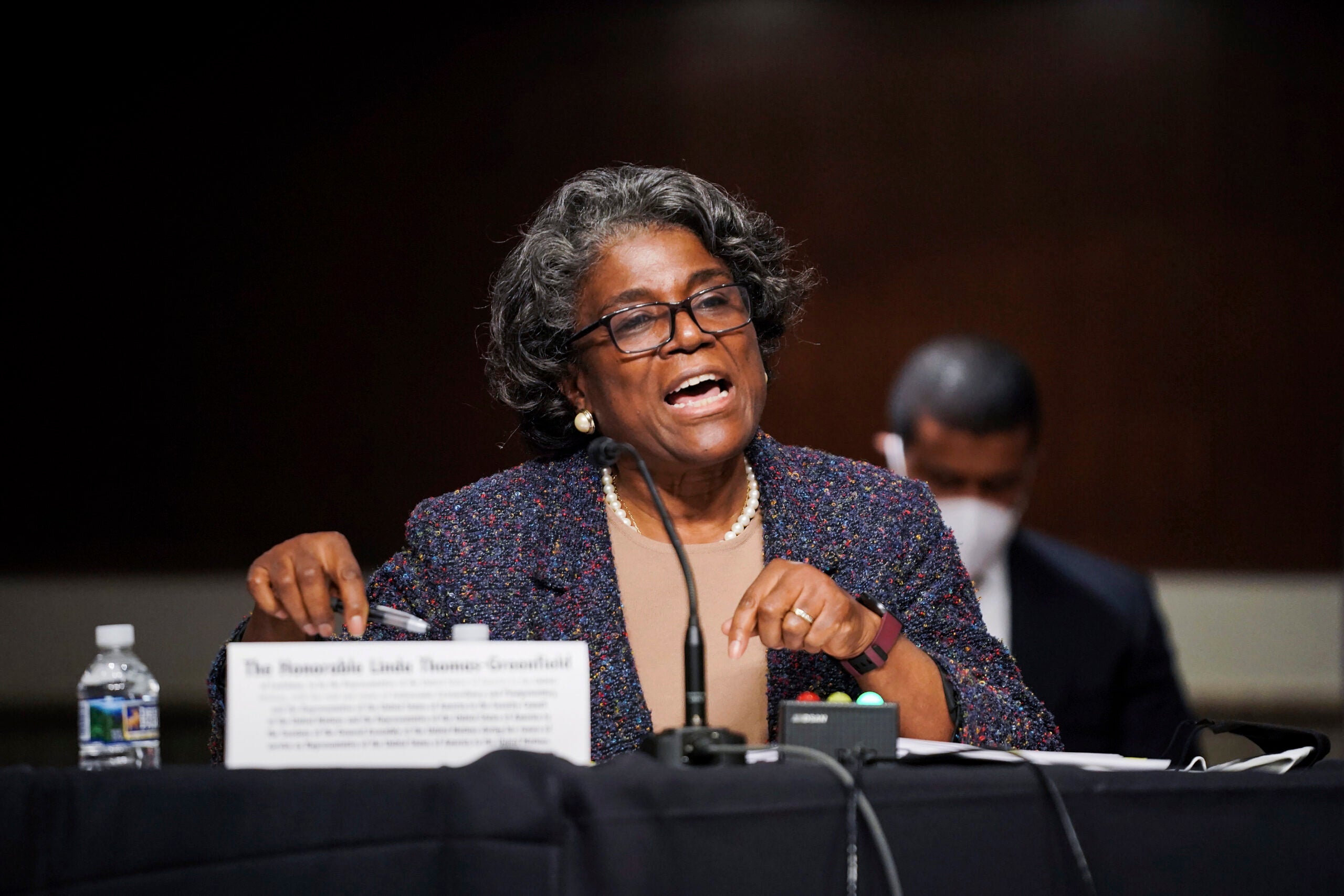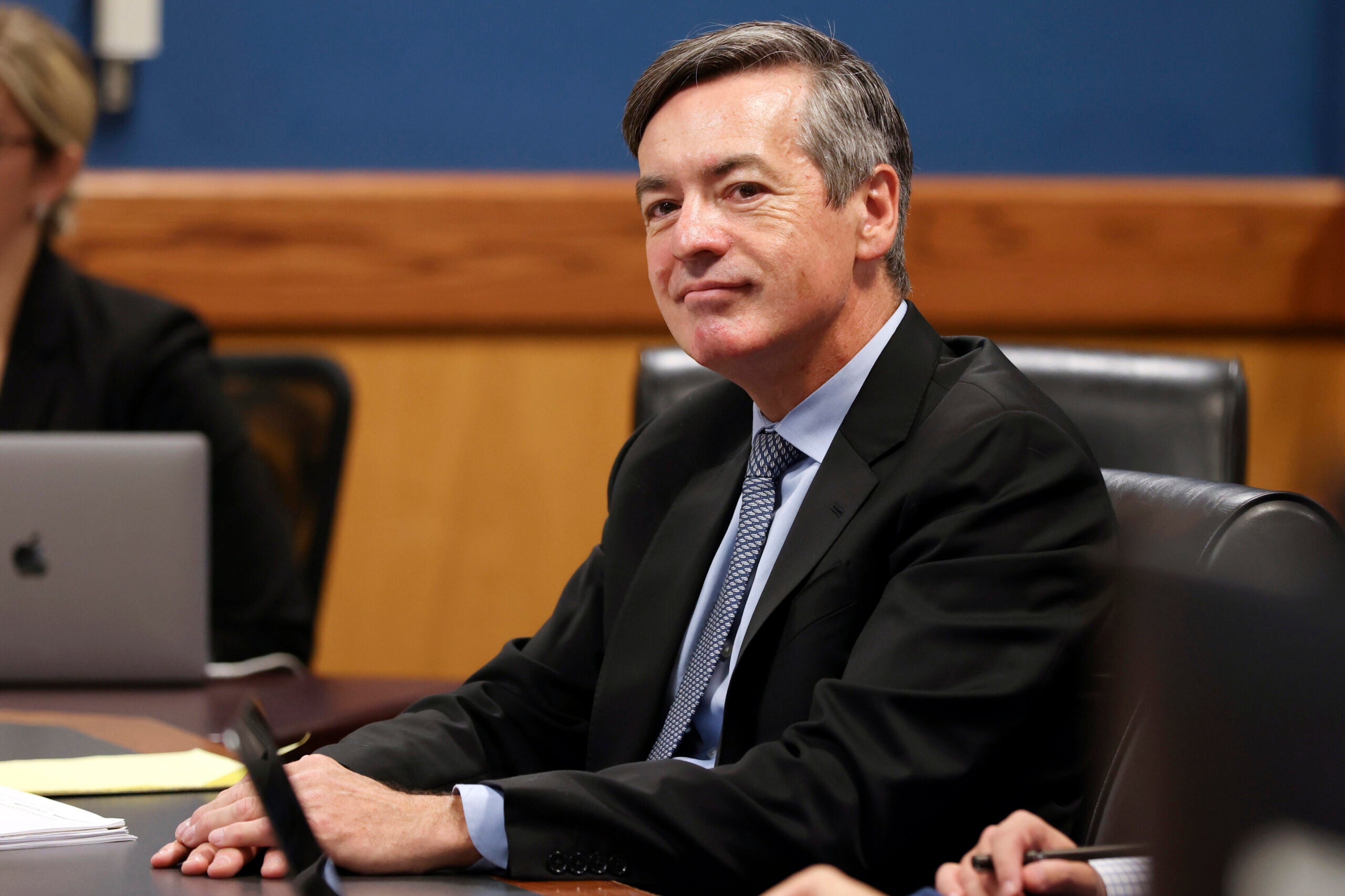Journalists walk a fine line when reporting on national security issues between the public’s right to know and the government’s desire to protect confidential information. Rob Ferrett and Veronica Rueckert talk to a New York Times reporter about the “media minefields” in national security reporting. They also discuss a new poll which shows taht 47% of Americans want the country to play a lesser role on the international stage.
Featured in this Show
-
Reporters Covering National Security Issues Must Navigate 'Media Minefields'
National security reporting has often been a balancing act between the public’s right to know about government activity on the one hand, and government’s aim to protect confidential information on the other. A conference in Wisconsin weighs the ethical issues facing reporters covering these issues.
The Surveillance, Security and Journalism Ethics Conference takes place on the University of Wisconsin-Madison campus on Friday. The event, hosted by the Center for Journalism Ethics, tackles questions about protecting the confidentiality of sources, the role of leaked security data, and when to hold back information for fears that it could compromise national security.
New York Times reporter Eric Lichtblau is scheduled to deliver the keynote address, entitled “Media Minefields: Journalism, National Security and the Right to Know.” He said clashes with the federal government over national security issues are very common for reporters — and he said the Obama administration has been especially confrontational.
“This is an administration that came in pledging transparency and greater openness, and initiated more leak investigations than any administration in history,” he said. “Almost all of those have centered around national security.”
Lichtblau said the federal government can bring a lot of pressure to bear on journalists.
“It’s more than just a phone call — it’s the threat of a subpoena, the threat of being drawn into a criminal investigation, a threat to sources who have a lot to lose if they cooperate in reporting on stories,” he said.
He said newspaper editors and reporters take national security issues seriously, and will sometimes agree with government officials that revealing classified information could endanger lives.
“We are very careful about making sure that these are not compromising what the intelligence folks call sources and methods,” he said. “At the same time, we think the public does have a right to know. We should not be abdicating our responsibility to add to the public debate.”
He points toward the New York Times’ publication of WikiLeaks information in 2010 and 2011 as an example. While he and his editors felt that it was important to publish the information, he said they were careful to remove names of individuals who could have been endangered if revealed publicly.
Lichtblau said confidential sources who leak information can be flash points for conflict between journalists and the government, with some of his New York Times colleagues jailed or threatened with jail time for refusing to reveal sources. He said he’d like to see the federal government adopt a shield law, which would protect the confidential relationship between reporters and sources.
“Virtually every state has some version of the shield law, but the federal government, where it’s needed most because of national security stories, does not have a shield law,” he said.
The Surveillance, Security and Journalism Ethics Conference will be streamed live. Click here for information about the event and the livestream.
-
Poll: Americans Want Country To Play Lesser Role On World Stage
47% of Americans think the country should play a less active role on the international stage, according to a new Wall Street Jouranl/NBC News poll. A historian describes how we got here, and whether or not this trend will continue.
-
Journalists covering national security issues can walk a fine line between the public’s need to know and the government’s desire to protect confidential information. A New York Times reporter talks about the “media minefields” of the national security world.
Episode Credits
- Rob Ferrett Host
- Veronica Rueckert Host
- Eric Lichtblau Guest
- Christopher Nichols Guest
- Chris Malina Producer
Wisconsin Public Radio, © Copyright 2026, Board of Regents of the University of Wisconsin System and Wisconsin Educational Communications Board.
